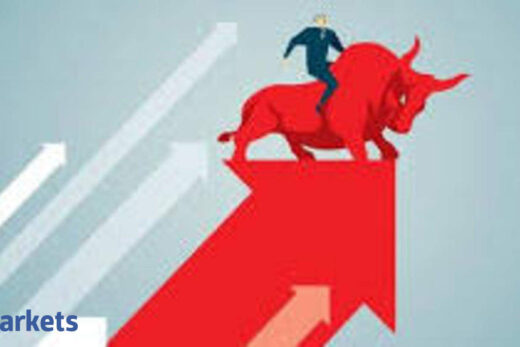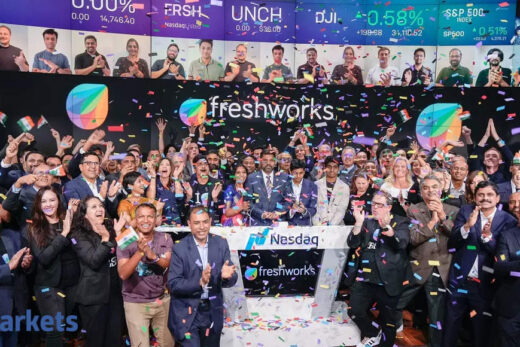Some of Wall Street’s largest hedge funds are still licking their wounds after retail traders sought to drive up the prices of stocks that were heavily bet against, resulting in large losses for major investors.
Concerns about the GameStop effect that helped weaken U.S. stocks last week spilled over into S&P 500 futures when trading reopened Sunday night. E-mini futures were down 1.2%, pointing to another down day on Wall Street if losses are sustained into Monday trading.
Melvin Capital, a hedge fund at the center of the GameStop drama, lost 53% in January but received commitments for fresh cash from investors in the last days of the month, Reuters reported on Sunday.
Melvin ended January with more than $8 billion in assets after having started the year with roughly $12.5 billion in assets, according to a person familiar with the matter.
On Friday, Citron Research’s Andrew Left, who spent two decades building his brand as one of the world’s best-known short-sellers, turned his back on publicly detailing companies’ shortcomings, following an intense backlash against him and others who said video retailer GameStop’s stock was not worth its price.
“We saw the might of a new investor base, in terms of their ability to shape not just the fortunes of an individual stock but the fortunes of a large market segment like the Russell 2000,” said Sunil Krishnan, head of multi-asset funds at Aviva Investors.
On Sunday, Robinhood, the online brokerage used by many retail traders, narrowed trading limitations to eight companies from 50 on Sunday. Companies that still face limitations include GameStop, AMC and Blackberry Ltd.
Robinhood last week raised the ire of customers, celebrities and politicians when it restricted trade in about a dozen highly volatile stocks including GameStop and AMC.
SILVER LINING
Amid the wild price fluctuations, the amount of position covering last week by U.S. hedge funds, buying and selling, was the highest since the financial crisis more than a decade ago, according to an analysis by Goldman Sachs Group Inc. Nevertheless, their market exposure to stocks is still near record levels, the investment bank warned.
“According to Goldman Sachs Prime Services, this week represented the largest active hedge fund de-grossing since February 2009. Funds in their coverage sold long positions and covered shorts in every sector,” the investment bank wrote in a note late on Friday.
“Despite this active deleveraging, hedge fund net and gross exposures on a mark-to-market basis both remain close to the highest levels on record, indicating ongoing risk of positioning-driven sell-offs.”
Signs are mounting that retail traders who moved the market last week are setting their sights further afield than just U.S. stocks.
On Thursday and Friday, the price of silver rallied, taking gains to around 10% since messages began to circulate on social media platform Reddit urging retail investors to pile into the market and drive up prices. The price of gold has also rallied.
The bounce continued on Sunday, with the spot silver price rising 6% to a five-month high of $28.72 an ounce.
Such market moves have brought into focus the growing heft that retail traders have on financial markets, which had been dominated in the past by larger institutions.
“What’s been surprising in the last few months has been the scale of retail participation has started to move the dials,” said Paul O’Connor, head of the multi-asset team at Janus Henderson in London.
“If you looked at that data a couple of months ago, you can see it’s been happening. It’s not like these guys woke up last week,” O’Connor added.
(Reporting by Svea Herbst-Bayliss in Boston and Sujata Rao-Coverley in London; Writing by Joshua Franklin in Miami; Editing by Alden Bentley and Peter Cooney)



